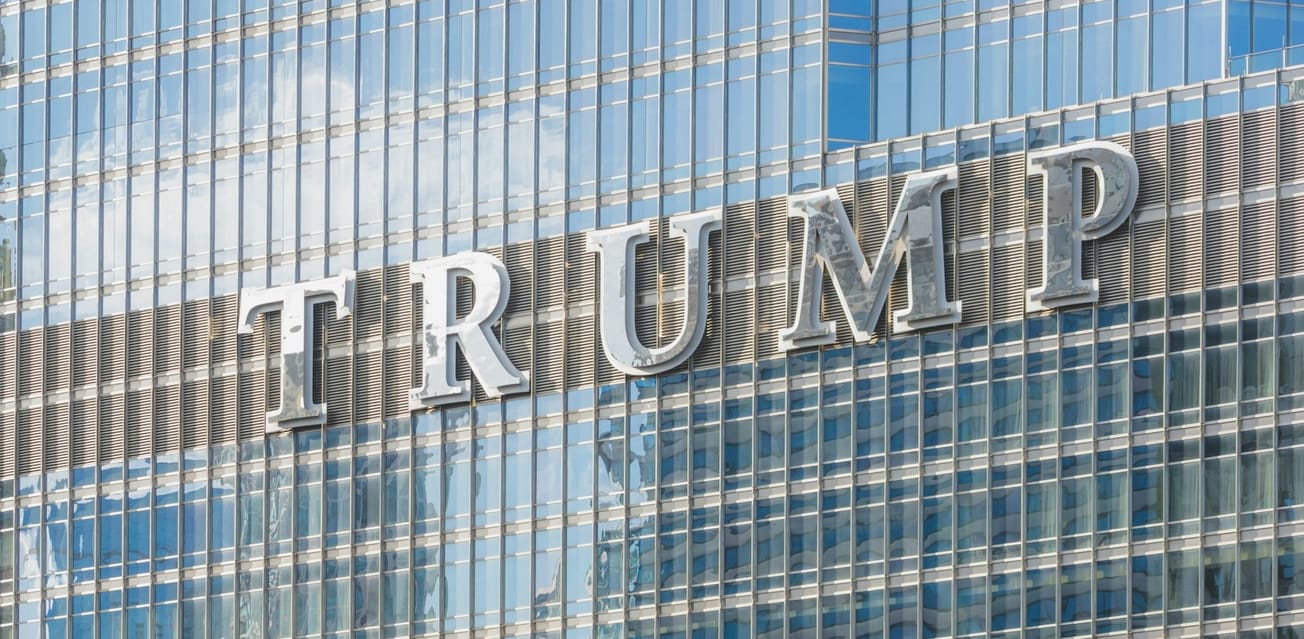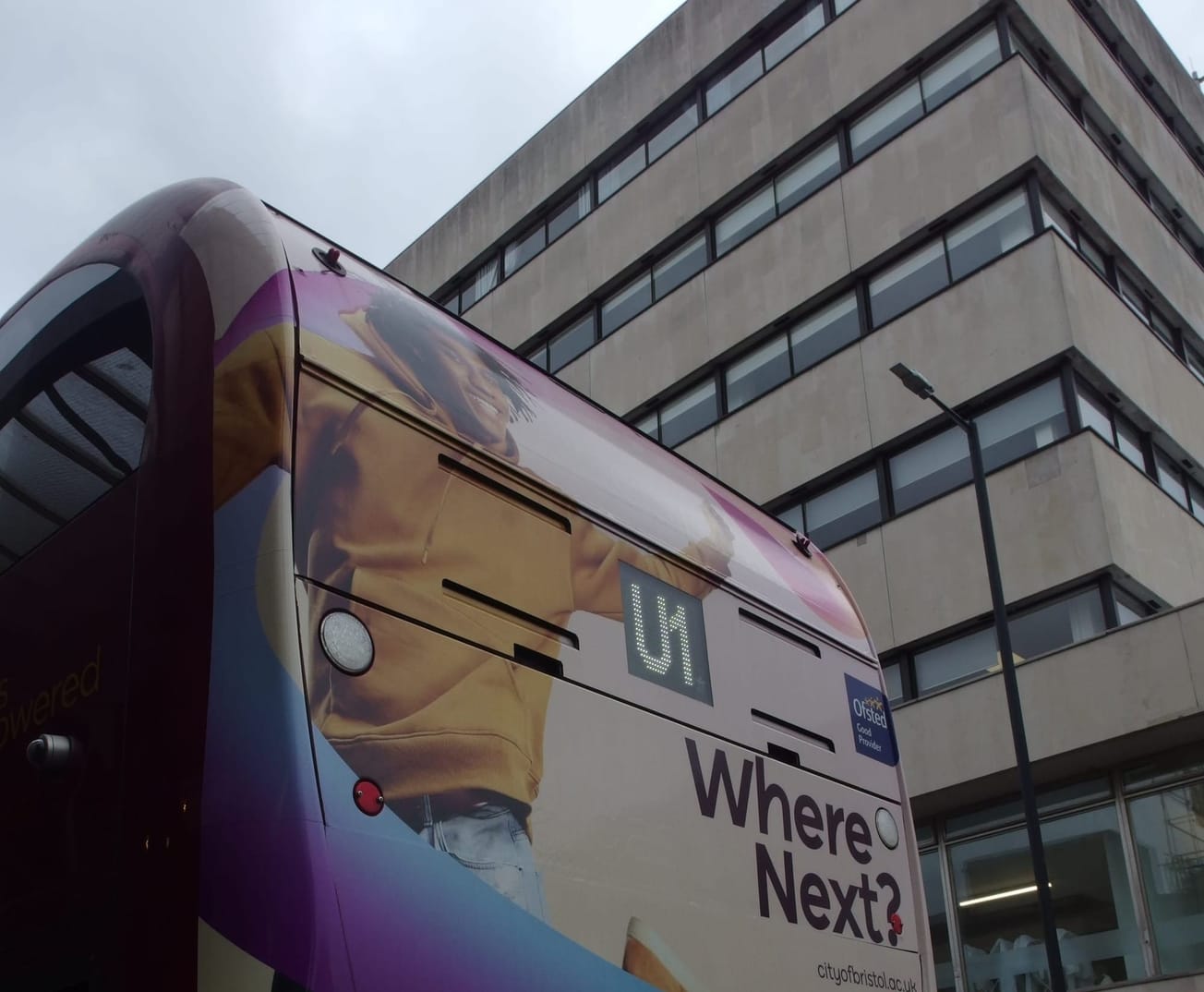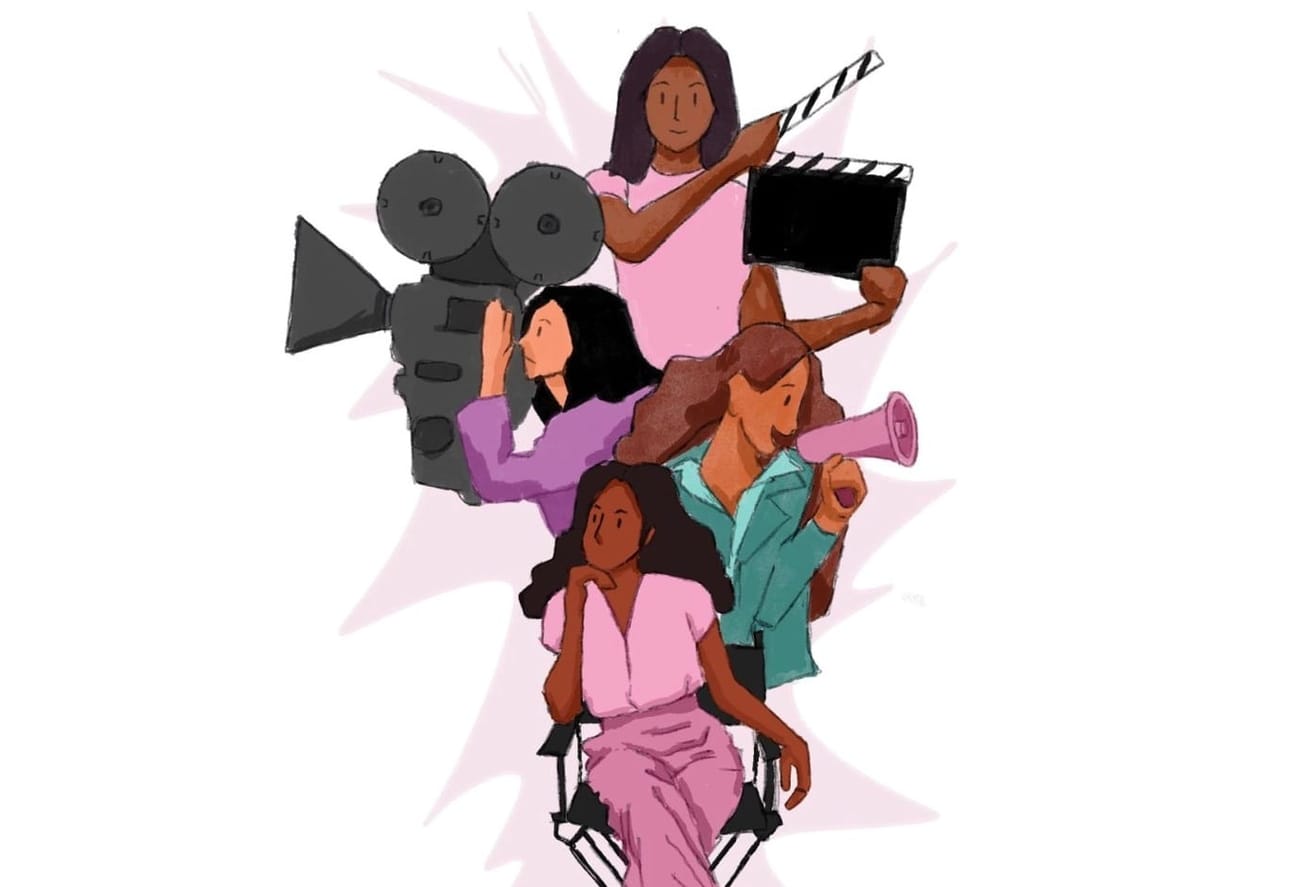By Max Fawcett, Second Year, Philosophy
Initially, it might seem like an overreach to claim that Joe Rogan was able to single-handedly swing the election in Trump’s favour. Perhaps the economy, immigration, and the general fall of the incumbent in recent years are more significant factors. However, Rogan had a substantial effect with UFC President Dana White thanking, “the mighty and powerful Joe Rogan”, for the result; Rogan himself stating that if we were to “take podcasts out he doesn’t win at all” and Andy Coulson host of the Crisis what Crisis podcast boldly claiming that “Joe Rogan’s podcast propelled Trump to victory.”
So just why was Rogan’s podcast so powerful in this election? The first reason is Rogan’s immense viewership, Trump’s interview has now garnered over 53 million views, 26 million of which came within the first 24 hours, this doesn’t include the subsequent clips that went viral on social media. It also doesn’t include the interviews with JD Vance and Musk, which amassed more than 37 million views on YouTube alone.
Rogan, formerly a supporter of progressive candidate Bernie Sanders, claimed that Musk makes “the most compelling case for Trump you’ll hear” in a tweet which has since garnered 51.7 million views. Rogan’s podcast has a potent impact particularly in the case of Trump as the viewership of the podcast is built up of exactly the area Trump aims to target: young; male; and undecided. According to YouGov, viewership is 81% male and 56% are between the ages of 18-34. Morning Consult claims that 31% of Joe Rogan’s audience do not affiliate themselves with a specific party.
The success of Rogan’s podcasts also comes along with distrust of mainstream media, which is exactly the area on which Trump capitalises. The fact that Harris declined to go on the podcast may have further cemented voters’ thoughts that Harris was part of the ‘elite’ as she did not want to risk having an unfiltered and long-form conversation.
Perhaps this paints a view that Rogan’s podcast is a tougher ride than it really is. Elon Musk’s claims that the Democrats are importing vast numbers of illegal immigrants into swing states to guarantee future support for the Democratic party seem to be false, yet Rogan did not sufficiently challenge them. Illegal immigrants cannot vote as they are not US citizens and their pathway to US citizenship (which not all migrants will have) is a lengthy process taking over 10 years. Further to this, it is no guarantee that those who have migrated will all vote for the Democratic party. The proof lies in this election, where Trump increased his share of the Hispanic vote from 32% in 2020 to 46% in 2024.
Despite this, Rogan described Musk’s argument as “the most compelling case for Trump” and led him to officially endorse Trump the day after the podcast. Any attempt by traditional media to correct this in turn only plays into Musk and Trump’s rhetoric- that is that there is a controlled narrative.
Americans have registered record low trust in mass media with only 31% expressing a “great deal” or “fair amount of confidence” in the media to report accurately according to News Gallup. Furthermore, Republicans' trust is even lower at only 14%. Instead, they put their trust in Rogan’s podcast. It may be true that the mainstream media often operates through a biased lens to push a certain narrative. This has led to those who feel alienated to turn to alternative forms of media such as Rogan’s podcast. Rogan’s podcast may appear less biased due to the format of two people sitting down, and having an unedited, ‘raw’ conversation.
However, Rogan’s platform runs the risk of providing a home for misinformation to thrive. Trump’s heavily debunked claim that he “won the second election” in his interview with Rogan went unchallenged.
Trump uses distrust in traditional media to his advantage; the 34 felony convictions rather than being damning, are used to fuel the ideology that the deep state is against him. Why are they against him? Many Republican voters assume it must be because Trump is telling the ‘truth’, something the establishment cannot handle. Two-thirds of Republicans still believe that the 2020 election was “rigged” or “stolen”. The key point for these voters is that Trump's claims being debunked do not count when done by traditional media.
The problematic marriage between voter distrust in the media and the emergence of podcasts, of which Rogan is leading the charge, has led to the 2024 election being dubbed ‘the podcast election’. When combined with Trump's skilful ability to use any instance of trying to correct the misinformation he and his affiliates spread as an agenda against him. The Joe Rogan podcast allows a space for this narrative to strengthen unchecked. A vicious cycle ensues in which Trump cannot lose; any accusation against him only garners more support.









